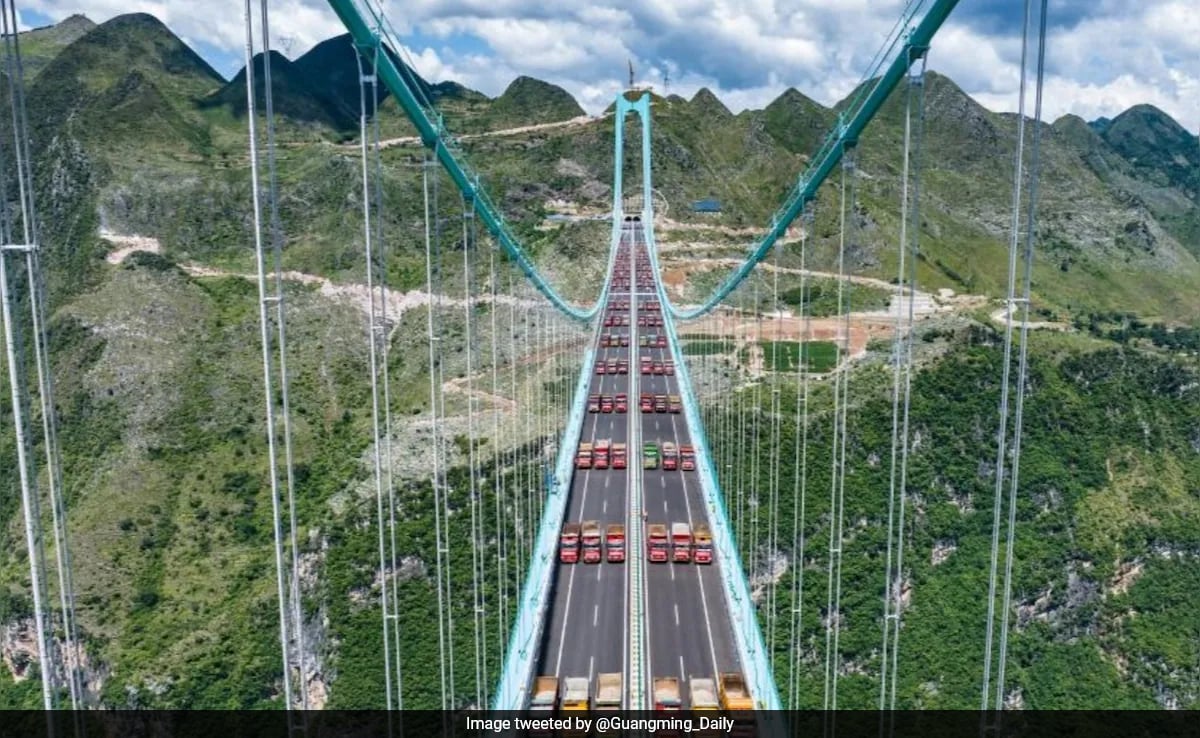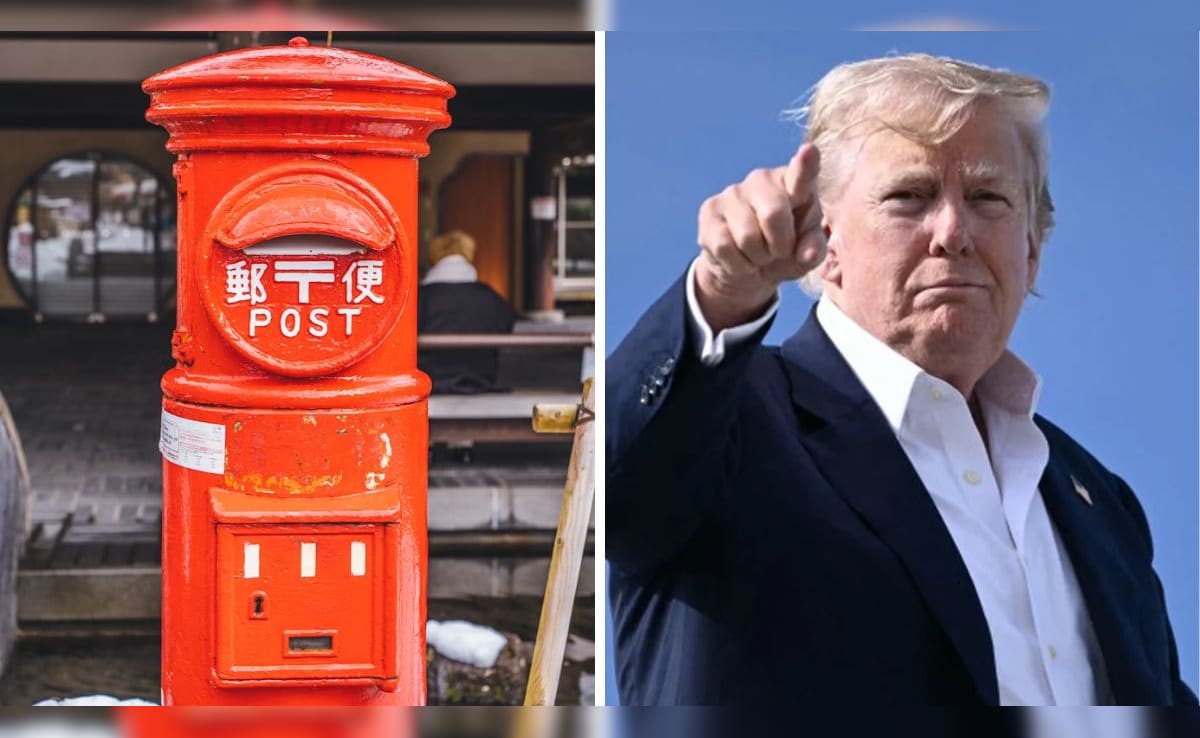That set off criticism from across the political spectrum and spurred scrutiny of the French-speaking abilities of other business leaders. At least one of them, Ian Edwards, chief executive of Quebec-based engineering giant SNC-Lavalin, who has lived in the province since 2014, reportedly said on Thursday that he would postpone a speech he was due to give next week to add more French to it.
While some of the initial upset has died down, the underlying division over language in Quebec continues to grow. Some in the French-speaking majority fear that their language is endangered by ever-encroaching English. Some in the English-speaking minority fear that legislation proposed by the provincial government to strengthen French will violate their rights and that the controversy will be used to unfairly malign the many of them who have learned French.
âThe Air Canada controversy arrives at the moment of heightened sensitivity toward language,â said Linda Cardinal, a political scientist at the University of Ottawa. âMr. Rousseau lacked a lot of sensitivity of not understanding the context in which he was making his declarations.â
The latest round in the long-running debate over language in Quebec opened this month when Rousseau delivered an address to a chamber of commerce in Montreal almost exclusively in English. According to local media, the Quebec government and the federal languages commissioner had warned that doing so was a bad idea.
After the address, a reporter asked Rousseau in French how he could live in Montreal for more than 14 years without speaking âvery approximate French.â
Rousseau asked the reporter to repeat the question â in English.
Rousseau, who has led the Montreal-based airline since February, said he wished he spoke better French, but he had a busy schedule. Also, he could get by without it.
âIâve been able to live in Montreal without speaking French,â he said, âand I think thatâs a testament to the city.â
It wasnât exactly the compliment he thought it was in a city where some worry itâs losing its French identity.
Prime Minister Justin Trudeau said the situation was âunacceptable.â Quebec Premier François Legault called it âinsulting.â The New Democratic Party called for his resignation. The languages commissioner received thousands of complaints.
âMany people and politicians are not mad so much because his speech was in English,â wrote a columnist in the Montreal Gazette. âIt was his attitude, summarized as âI donât need French in Quebecâ and âI donât have time to learn it,â which translates for many into a loud âI donât care about you.â â
Even the Quebec Community Groups Network, which represents English-language groups in Quebec, was critical. The group, which opposes the proposed tightening of Quebecâs language law, said Rousseau would give ammunition to âlanguage hard-liners.â
âMr. Rousseauâs narrow-minded comment that he does not feel the need to learn French feeds the myth that English-speaking Quebecers are a privileged minority indifferent to French,â said Marlene Jennings, the groupâs president. âHis attitude simply does not reflect the values of our community.â
Rousseau later sought to clarify his remarks and to apologize. He said that he âwould like to be able to speak Frenchâ and did not mean to âshow disrespect for Quebecers and Francophones across the country.â He hired a private tutor.
Then came the backlash to the backlash.
One columnist in the National Post said the âso-called controversyâ was âludicrousâ and described Freelandâs missive as a âwanton display of government overreach.â A columnist for the Financial Post cast Rousseau as the âlatest victim of Quebec fragility.â
François Larocque, a law professor at the University of Ottawa who studies the protection of language rights of French-speaking minority communities in Canada, said Rousseauâs remarks âdid not happen â and should not be analyzed â in a vacuum.â
âThey should be taken in their context ⦠the history of that particular province and of that particular corporation,â he said. âIf everyone bears that in mind, I think the outrage is justified.â
Air Canada, the countryâs flag carrier, was founded as a crown corporation in 1937. As part of its privatization in 1988, itâs required to follow the Official Languages Act, which recognizes French and English as official languages in Canada with equal status. It doesnât require its chief executive to speak French, but it does oblige the airline to deliver services to the public in both languages.
In a 2016 report to Parliament, Graham Fraser, then the commissioner of official languages, said the airline has since the 1960s struggled to comply with the law; itâs âin a class of its own,â Fraser reported, in the number of complaints it generates each year and in the systemic issues that stymie progress.
Anxiety about the state of French runs deep in Quebec, a French-speaking province surrounded by otherwise English-speaking North America, particularly in its large cities and key cultural institutions.
Lawmakers debate whether shoppers should be greeted with âbonjour-hi.â When, in 2011, the Montreal Canadiens for the first time in decades named an interim head coach who did not speak French, there was uproar in the press and small protests outside the Bell Center.
Some Francophones expressed displeasure this year after Trudeau named Mary Simon as the countryâs first Indigenous governor general. Simon, a former diplomat who speaks English and Inuktitut, said she planned to learn French. In the last quarter century, the governor general â the representative in Canada of Queen Elizabeth II, with official residences in Ottawa and Quebec City â have been bilingual in French and English.
For some, Cardinal said, Rousseauâs comments brought to mind the unhappy time before the Quiet Revolution â that period in the 1960s when Quebec unshackled itself from the stranglehold of the Catholic Church and Francophones sought to reassert themselves â when bosses spoke to their employees in English and barred them from speaking French.
French is the only official language of Quebec and Legaultâs nationalist government has made its protection a top priority, most recently with a controversial and sweeping piece of legislation known as Bill 96.
Among its 200 articles, Bill 96 would amend Canadaâs constitution to recognize Quebec as a nation. It would cap enrollment at English-language junior colleges, give government language inspectors enhanced investigatory powers and require businesses with 25 or more employees to make French the language of work â down from the current threshold of 50.
The bill, which is likely to pass the provincial legislature â the Assemblée nationale du Quebec â also invokes the notwithstanding clause of Canadaâs constitution, which allows federal and provincial governments to override certain constitutional rights such as freedom of expression and religion to shield it from court challenges.
According to Statistics Canada, the share of the Canadian population whose mother tongue is French declined from nearly 30 percent in 1941 to about 21 percent in 2016.
Nearly 18 percent of people in Canada are bilingual in English and French, the agency said, but there is a âwidening gap in the long termâ between the rate of English-French bilingualism in Quebec, where it is rising, and in the other provinces, where it is stagnant or declining.
In Quebec, the proportion of people whose mother tongue is French has stayed nearly constant over the past century, from around 80 percent in 1901 to around 78 percent in 2016. But with more immigration, projections show it could drop to 70 percent by 2036. The percentage of people in the province who can speak French was 95 percent in 2016.
In public hearings this year on Bill 96, some witnesses said the law did not go far enough.
Louise Beaudoin, a former lawmaker with the sovereigntist Parti Québécois, said the minister responsible for the bill needed to have more âcourage.â The bill, she said, could not be âmoderate and reasonableâ given âthe state of French in Quebec.â
But others expressed concern that it would make the province less appealing for companies and workers in a world where English is the global language of business.
Michel Leblanc, head of the Chamber of Commerce of Metropolitan Montreal, told the minister responsible for the legislation that it was right to protect the French language. But, he added, âBusinesses are scared.â
Read more:
.png)











 English (United States) ·
English (United States) ·  Turkish (Turkey) ·
Turkish (Turkey) ·